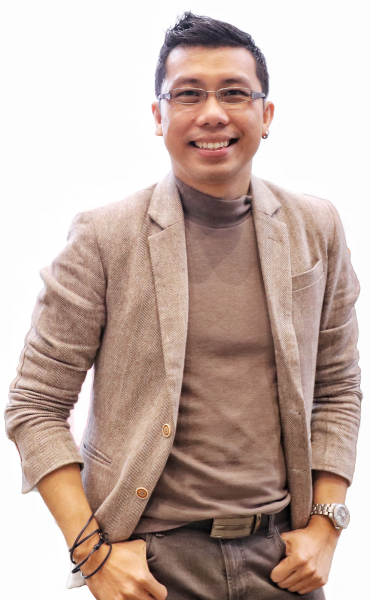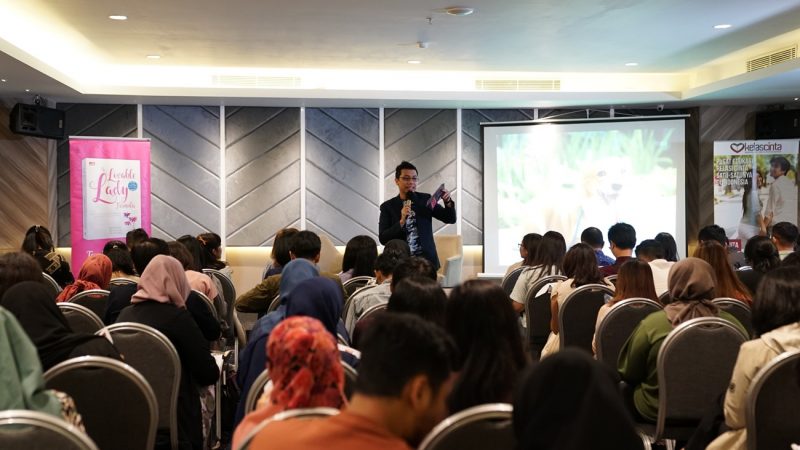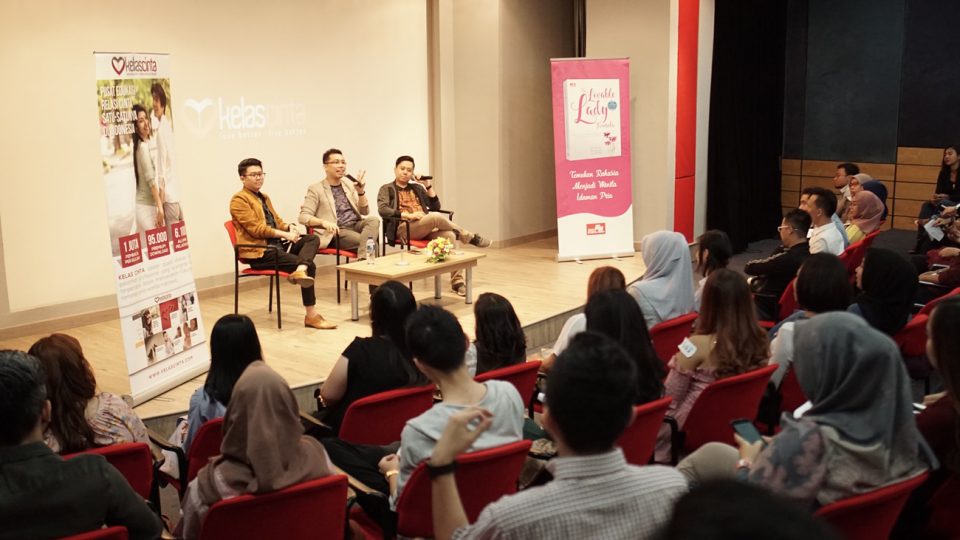Love, to me, is intricate. It doesn’t matter whether it’s the love I have for myself, my family, friends, or my relationship partner.
I hear “if you don’t love yourself, how can someone else love you?” a lot. It took me a while to fully comprehend that a lack of self-love leads you to accept anything, which can at times be unhealthy love.
An iconic early 2000s movie quote from “A Cinderella Story” goes “Because waiting for you is like waiting for rain in the drought; useless and disappointing”. Sam, supposedly a high school student, already acknowledged her self-worth. Of course, it’s a movie but it’s inspiring to a young girl.
The self-love journey is strenuous to start. Along the way, you discover your likes and dislikes, your true values, and most importantly, your boundaries. Eventually, you can identify your worth as a person. The search for somebody else validating you is gone; the expectation of having a new life because someone is gone as well.
Lex dePraxis is one of the Relationship Coaches and co-founder of Kelas Cinta, hosting classes and webinars aiming to help couples build a better relationship by adding their knowledge and skills. Lex defines self-love as a habit or behavior of loving ourselves by having our own limits, knowing what we want, and not seeking happiness from other people. “Self-love is just like loving someone else. We give so much effort and attention to our partners, but why not to ourselves?” he questioned.
Yes, self-love in a sense is universal, but everyone expresses it in different ways. Eating a sumptuous meal, getting your nails done, playing tennis, etc. can be your form of indulgence.
“However, most people don’t know what makes them happy so they find someone else to spark joy. This motive, alas, leads us to a toxic relationship,” he revealed. Not knowing your wants and likes doesn’t mean you don’t love yourself, but it’s most likely because you’ve never seen the significance of exploring your true core. Hence, being selective is not a problem, but choosing to disclose yourself is. It’s actually highly recommended to be selective.
“Never settle for less. If you have 10 criteria you search for but you’re bound to a maximum of six only, should you settle for that six? Upgrade yourself so you deserve to be among people with those 10 criteria,” Lex explained.
Established on February 13, 2006, by its three founders, Jet Veetlev, Kei Savourie, and Lex dePraxis, some topics covered include ways to reprimand your partner, keeping the sparks warm, and encouraging transparency on “Source of Warmth” (Sumber Kehangatan Lokal or SKL) in long-distance relationships, communication skills, and quarrel settlement. Even mixed marriage couples who seek to move abroad come for coaching sessions.
In Kelas Cinta’s women’s class, Lex asks participants to describe their dream house. Full details of architecture and interior design are normally noted. When it comes to their dream men, awkward giggles are released followed by confusion and then the general ideal qualities in men. He advises to “search deep within yourself and be specific, like shopping.”
Most relationships don’t start toxic, or else, why would you fall in love with that person? Swearing, cheating, lying, manipulating, feeling restless, unable to relax and be yourself with your partner around, controlling by force, and domestic violence are all clear toxic behaviors. A person usually dragged into a toxic relationship is someone clueless on their wants, their life limitations, and even unaware of ways to make themself happy.
“People commonly want a relationship to be happy. It’s not wrong, but if the goal is to be happy and instead select someone incompatible, it will be an unhealthy relationship because there are no boundaries,” he pointed out.
Lex explains that relationships should share happiness. Finding a compatible partner who coincides with our values, lifestyle, and outlook on life is crucial. He gave an example of someone who wants to be romanticized by their partner. A person not having self-love will choose and stay with someone unromantic simply due to the hopeful thought that someday their partner will change by the almighty power of love, while reality contradicts the dream.
“Without self-love, no boundaries are set”
Continuous sacrifice for their partner will finally strengthen common bad behaviors such as ignorance, verbal abuse, infidelity, and gaslighting,” Lex explained.
On the contrary, someone with boundaries will rebuke any concerns bothering them and is willing to work it out since they know their worth. If their partner continues to deny the facts, they’ll not shy away from confrontation and eventually give an ultimatum, or even cold turkey that relationship.
Mutual respect is needed, after all. Your partner might respect you, yet continuous discouragement and insults, for example, can influence you in the wrong way and create self-doubt. You’ll become influenced and stop doing what you love.
“It can be very subtle. Your partner’s intentions are, most times, pure. When your opinions are constantly thinned out or they’re controlling you, you’re not respected as an individual who has preferences, life targets, dreams, etc. They claim they’re the most righteous, valuable, and smart person in the world but you are your own person,” explained Lex.
“You can say it’s ‘bucin’ (Budak Cinta, or slave for love). Bucin views love as the answer to everything will heal everything, and will make things work in the end. Love is not the basis. Cooperation, respect, and mutual support are.”
It’s not that humans are drawn to toxicity; Lex believes the idea of happiness is indeed compelling. “We fall in love with the idea of falling in love and the idea of having a spouse for the rest of our lives. We want to achieve “happily ever after” because we’re focused on the future,” Lex explained. This tends to randomly choose partners by mistake and being blind to the red flags.
“It’s really hard to have a healthy relationship if you don’t have your standards and boundaries. Most unhealthy relationships start from ourselves who are unhealthy,” Lex clarified.
A healthy relationship means still having friends and activities outside of the relationship. Solely depending on happiness from others will leave you stuck. Imagine: your partner displays dark elements but you choose to stay silent due to the fear of abandonment.
Keep having friends, hobbies, and activities – especially with children around. Someone in a toxic relationship can only step away when they have the energy to do so. Realizing they have friends and family who love them, hobbies sparking joy, being financially independent, and so on empowers them to get out.
Bear in mind; compromising and giving in are different. Compromise takes two to tango to find the middle ground. A healthy compromise is when a couple both gives in.
Remember: if you’ve never hurt yourself, why would you let other people hurt you?
- KELAS CINTA
Call: +62 813-1539-0915 (Riri)
Instagram: @kelascintacom | @lexdepraxis
Twitter: @kelascintacom
Facebook: Kelascinta.com
Website: kelascinta.com




